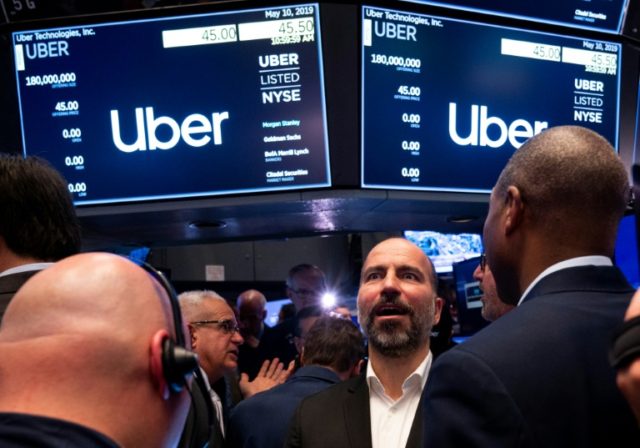Ride-sharing companies such as Uber and Lyft have been betting that self-driving cars will make the companies profitable, but recent research from MIT claims that self-driving car operating costs may be even higher than personal car ownership.
Business Insider reports that while ride-sharing firms Uber and Lyft have continued to lose money with combined losses of $3.8 billion in 2019, these firms have bet that the introduction of self-driving cars will help the companies reach profitability. But new research from MIT may have crushed these dreams.
Ashley Nunes and Kristen Hernandez, the authors of a new report on autonomous taxis, claim in their research that: “Although the cost proposition of autonomous taxis (ATs) may be improved by more closely matching supply with demand, we demonstrate that achieving maximum utilization would still leave ATs fiscally uncompetitive with conventionally driven vehicles (CDVs).”
According to their research based on data from San Francisco, the operating costs of autonomous vehicles with single occupants work out at between $1.58 and $6.01 per mile. This is a huge increase over the $0.40 per mile estimate most commonly used and higher than the average cost of personal car ownership which the U.S. Bureau of Transportation Statistics estimates is around $0.59 per mile.
Researchers found that multi-passenger trips such as Uber Pool and Lyft Line could help to bring costs down but efficiency increases would have to be dramatic. The report states: “In a single ridership model, we find capacity utilization rates would need to improve by nearly 100% and margins lowered by 37% for autonomous vehicles to achieve cost parity with their conventionally driven counterparts. In a multiple ridership model, achieving cost parity requires a 30 percent increase in occupancy rates and a 75 percent increase were a stronger cost proposition offered to incentivize shared autonomous vehicle use over conventionally driven vehicles.”
UBS auto analyst Colin Langan said in a recent research note: “If passengers are willing to share utilization can improve even further. Unfortunately, the potential for sharing is low as consumers tend to demand a large discount for the added trip length & discomfort.”
Lucas Nolan is a reporter for Breitbart News covering issues of free speech and online censorship. Follow him on Twitter @LucasNolan or email him at lnolan@breitbart.com

COMMENTS
Please let us know if you're having issues with commenting.